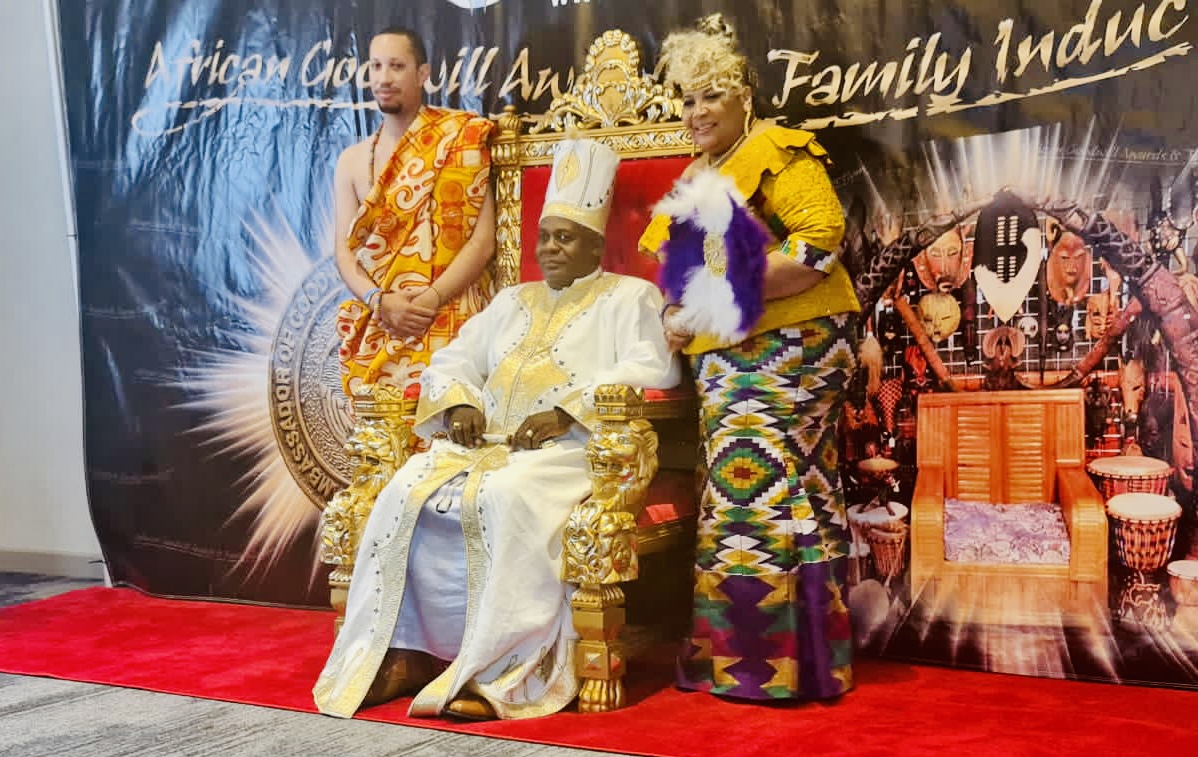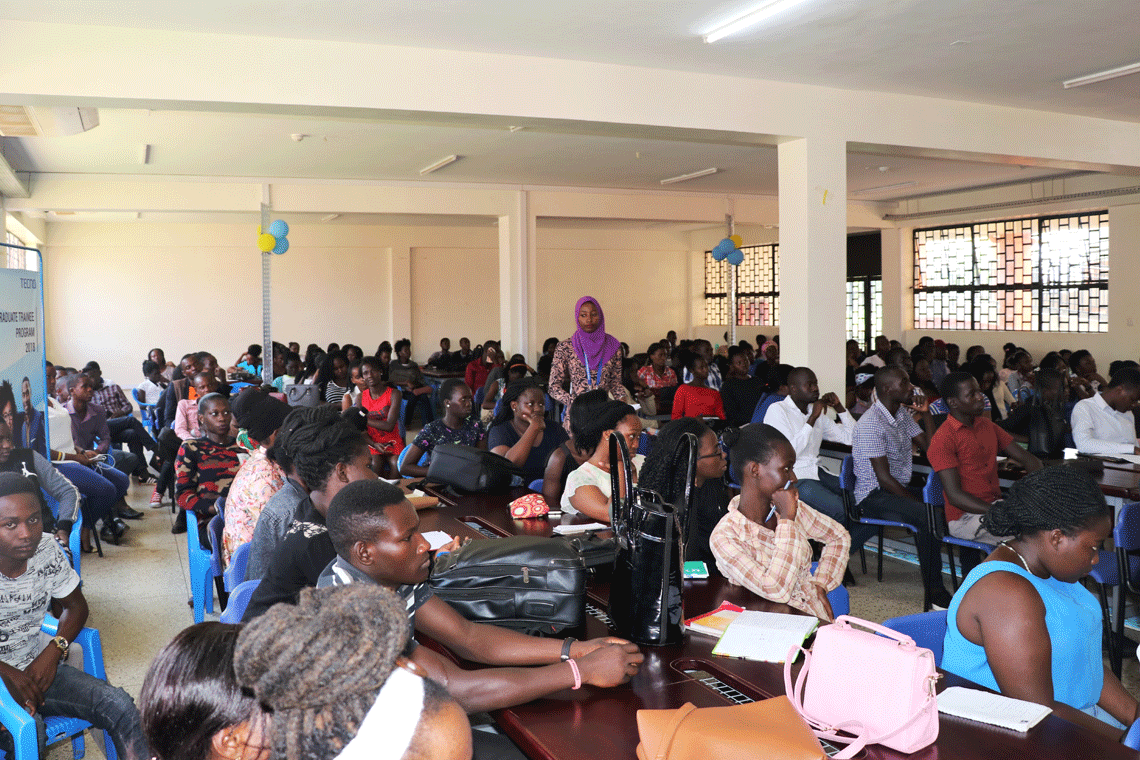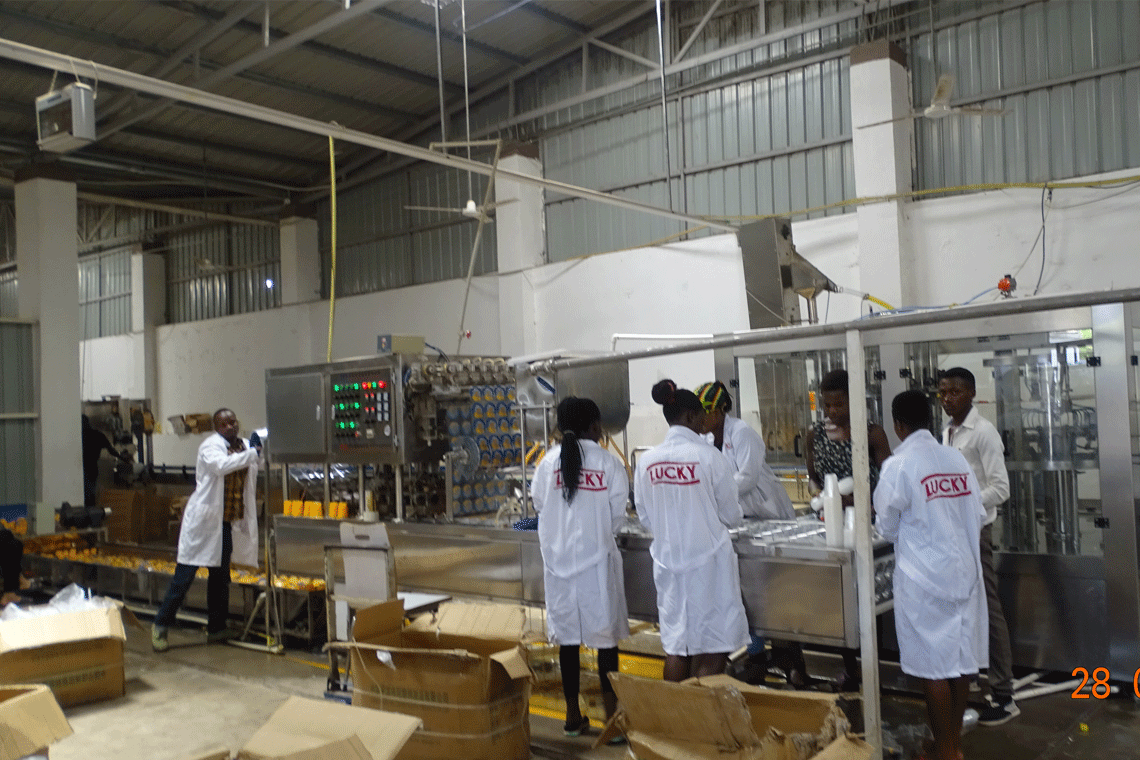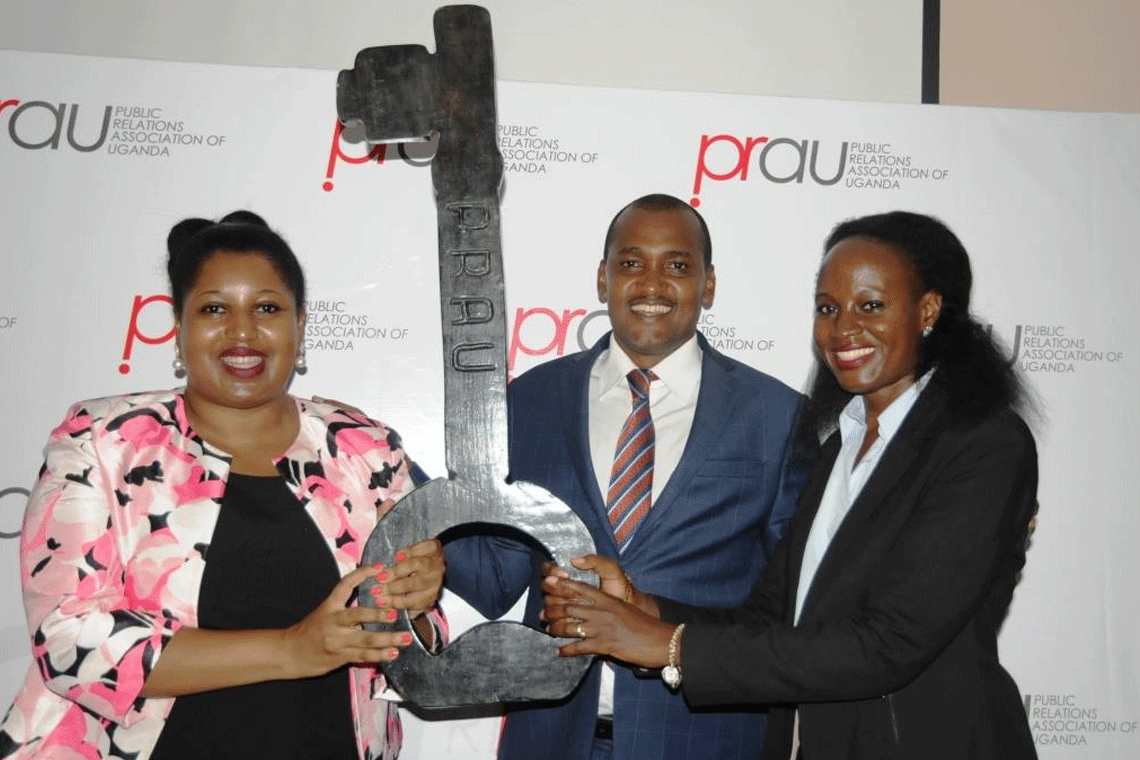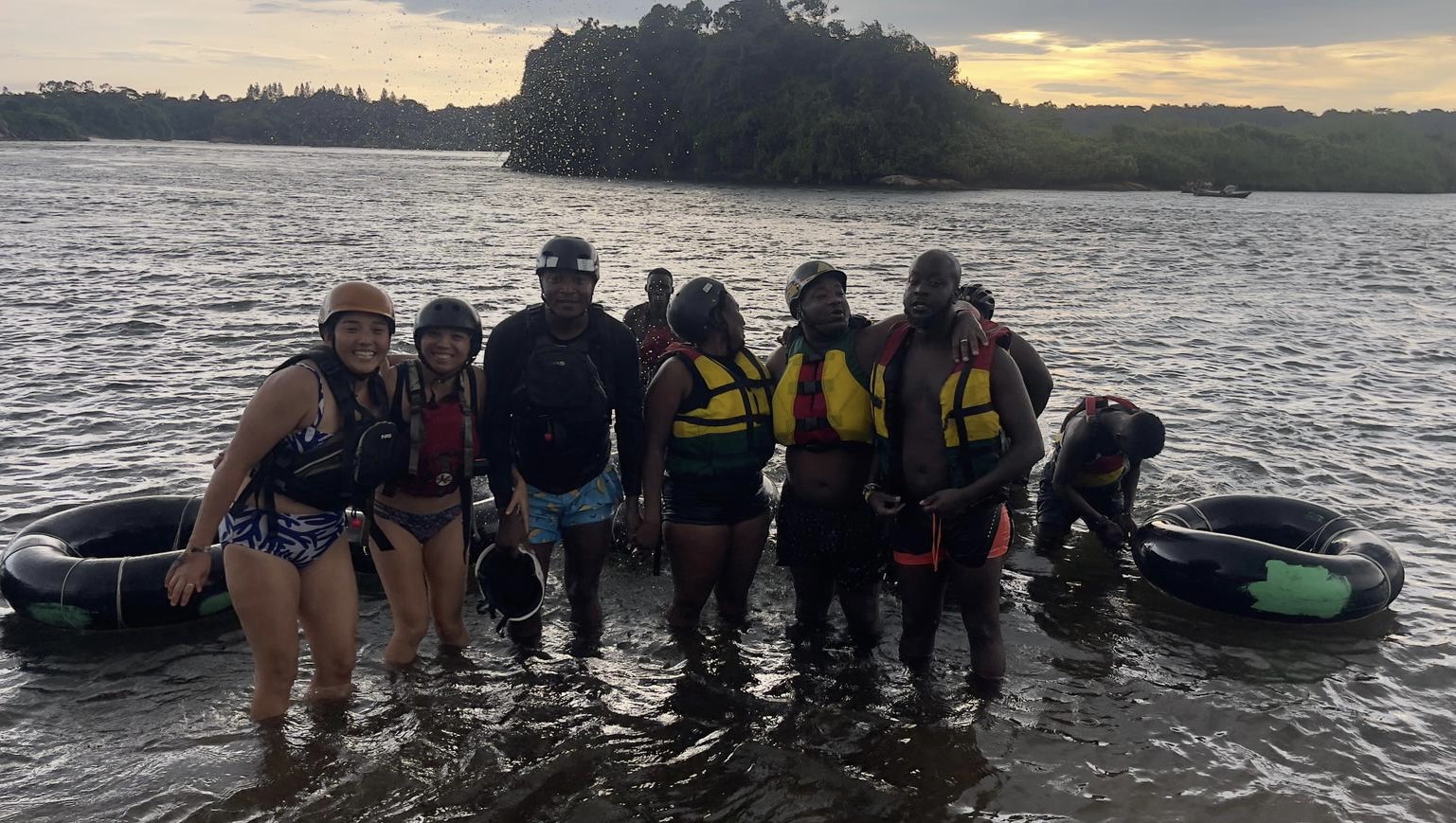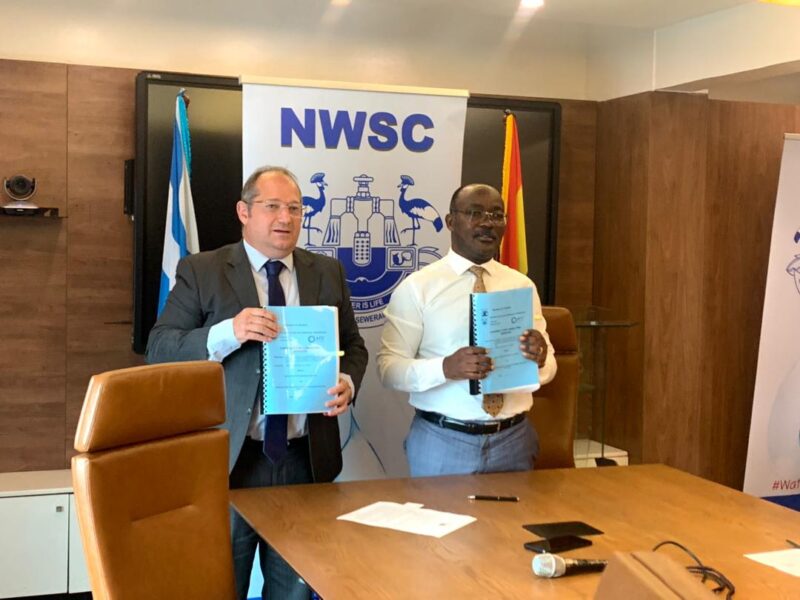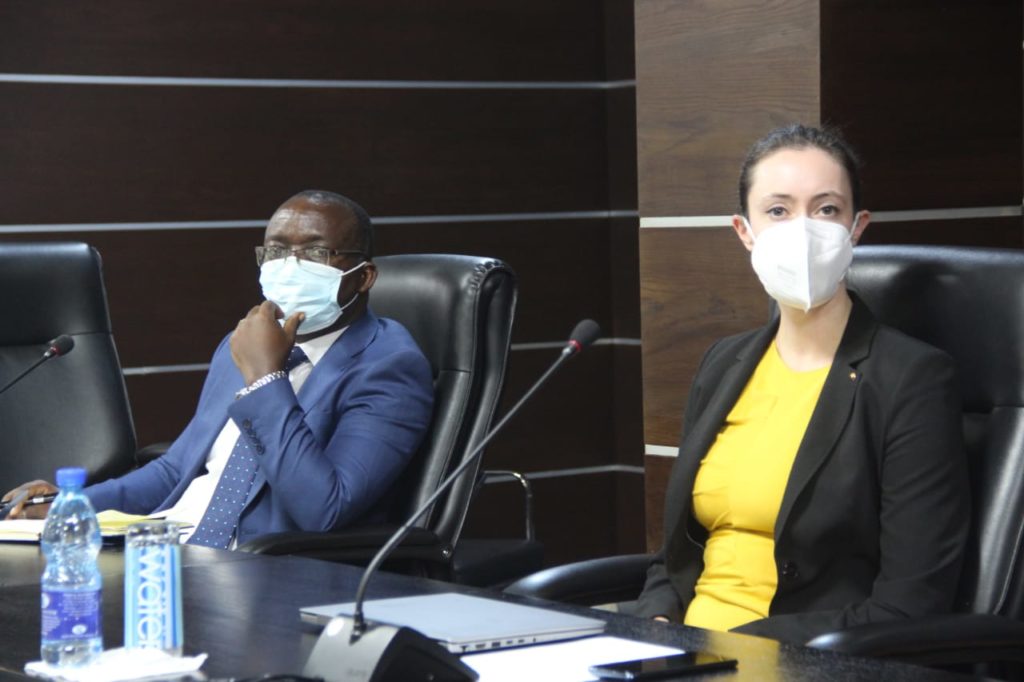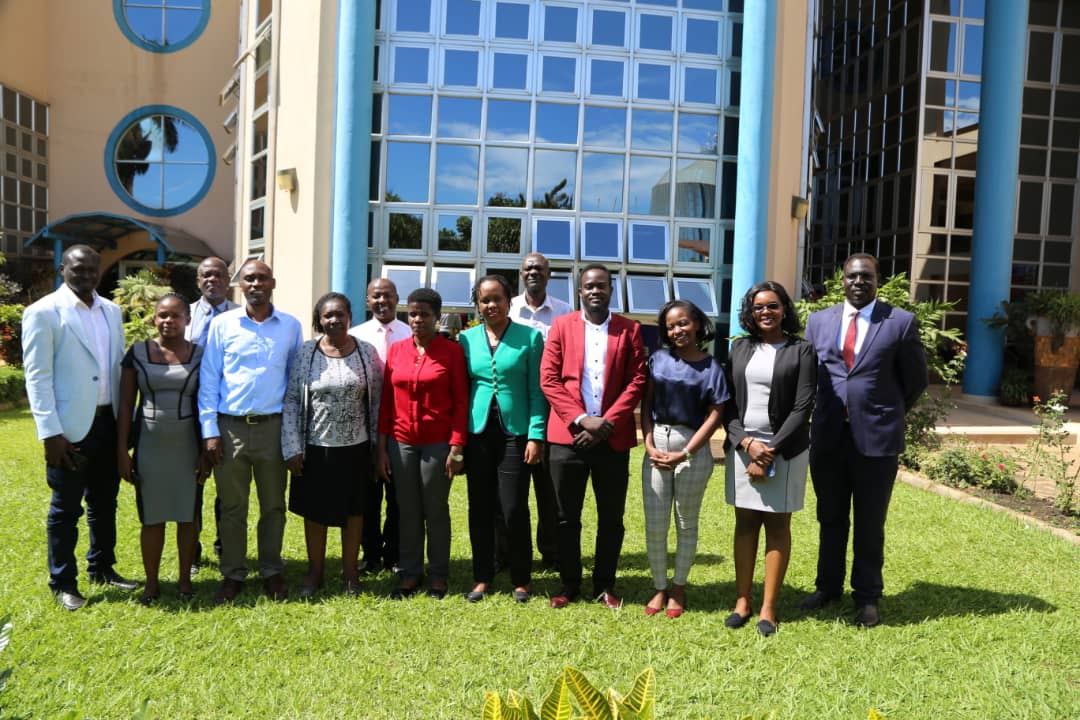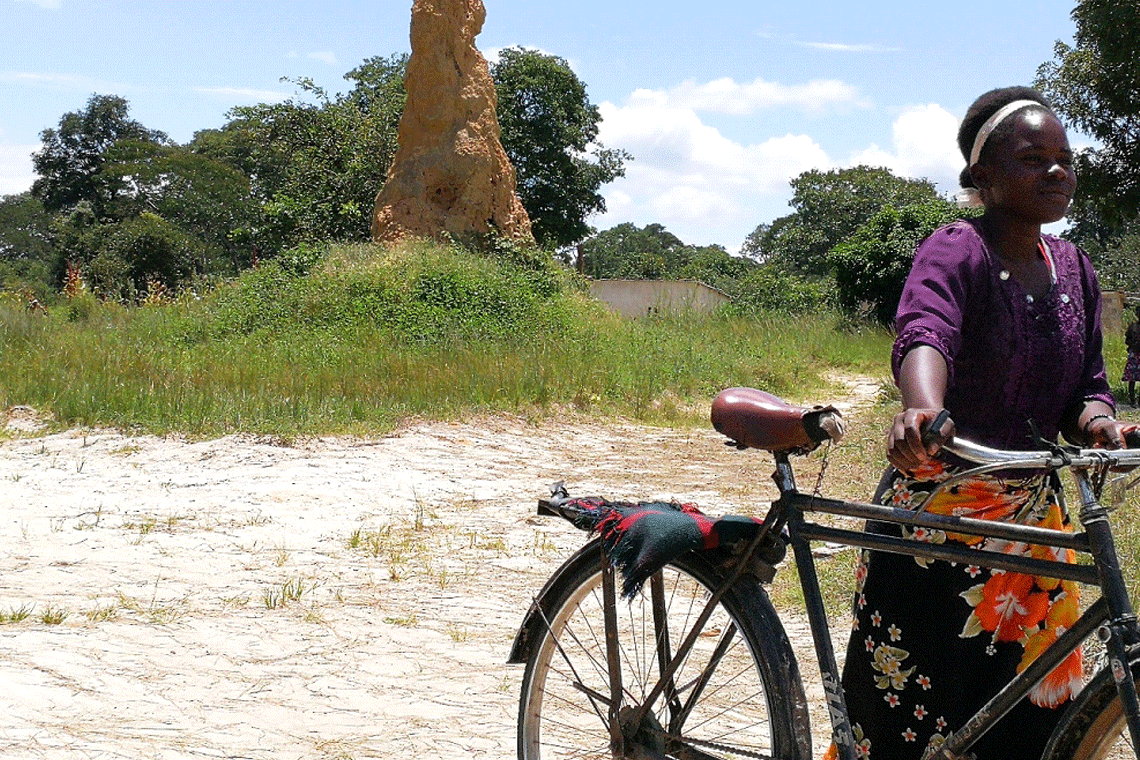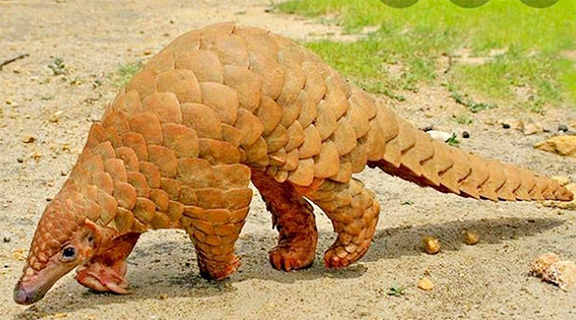Rebecca, a Spaniard and animal conservation activist sent me chills when she presented and shared on PowerPoint, her love for a tiny mammal called the Pangolin. During a webinar conference, she shared that one day she was trying to help a Pangolin she referred to as ‘HE’ and died off in her palms.
She was sorry for she lost a love she had just found healthily struggling! Rebecca’s love for pangolin therefore is daring. She says; “No one will protect what they don’t care about; No one will care about what they have never experienced,” she puts before she herself rallies everyone to fall in love with Pangolins, protect and care about them.
Yours truly had personally ever heard a story or two, of Pangolins but never knew that it was such a valuable animal, so much so humans needed to fall in love with. As I listened further, she then dropped another line, that actually, “The Pangolin is the most trafficked mammal you’ve never heard of”. In Southeast Asia, this bizarre, scale-covered mammal, which can also be called a walking pinecone and a modern-day dinosaur, is trafficked in volumes every year.
It could therefore go extinct before most people realize it exists through trafficking. They are unfortunately trafficked by the thousands for their scales, which are boiled off their bodies for use in traditional medicine; for their meat, which is a high-end delicacy in Asia especially in China; and for their blood, which is seen as a healing tonic.
In China and Vietnam homes and restaurants, if you have got a pangolin, you’ve got lunch or dinner already or, a syrup of Panadol medicine for either of your health problems. By the most conservative estimates, 10,000 pangolins are trafficked illegally each year according to World Animal Protection, an advocacy clutch.
According to Edith Kabesiime, who is World Animal Protection campaign manager; “No one knows how many pangolins are still left in the wild.” Nevertheless, expert researchers and activists say the number is decreasing fast. Approximate figures by experts say the pangolin is likely the most trafficked mammal in the world.
Aside from pangolins, only elephants would come close to the most-trafficked title in terms of total numbers, says Edith Kabesiime. Yet, few seem to care. International and National policy makers and governments have been slow to fund pangolin research and rescue.
The Pangolin Day
The third Saturday every February is celebrated as World Pangolin Day, a day to raise awareness of this endangered mammal. So, this year, February 18th was World Pangolin Day. An online webinar posed such an interesting question that; what would happen to any community in the world if pangolins totally go? His question sought the importance and value of a pangolin.
In her response, Kabesiime says, Pangolins are known as the guardians of the forest because they protect forests from termite destruction, maintaining a balanced ecosystem. Her other response was cultural. Here in Uganda and Buganda, there is the Pangolin (Lugave) clan. That actually, if the pangolin all extinct, then there won’t be a Lugave clan anymore for they will have lost their totem.
The Pangolin
But what is a pangolin itself? A pangolin is a rare, scale-covered mammal, about the size of a house cat. Pangolins are four species found in Africa and Asia and some parts of the world. They are endangered and all of which are protected by international treaty. So, on the World pangolin day, animal conservation activists and pangolin enthusiasts and lovers have dedicated their lives to saving these curious creatures.
Humans are their only credible threat but they (pangolins) are themselves friendly individuals with whom you can’t be too careful. World Pangolin Day is observed annually on the third Saturday in February and took place on February 18 this year. The day aims to celebrate pangolins, raise awareness and recommit international NGOs to the fight against the global capturing of pangolins in Africa and Asia.
An estimated one million of these wonderful animals have been, and continue to be, harvested from the wild in African and Asian countries to meet the high demands for their scale, skin, blood, and even fetuses that are believed to have several different uses both in fashion, traditional medicine, and cooking.
Author Profile
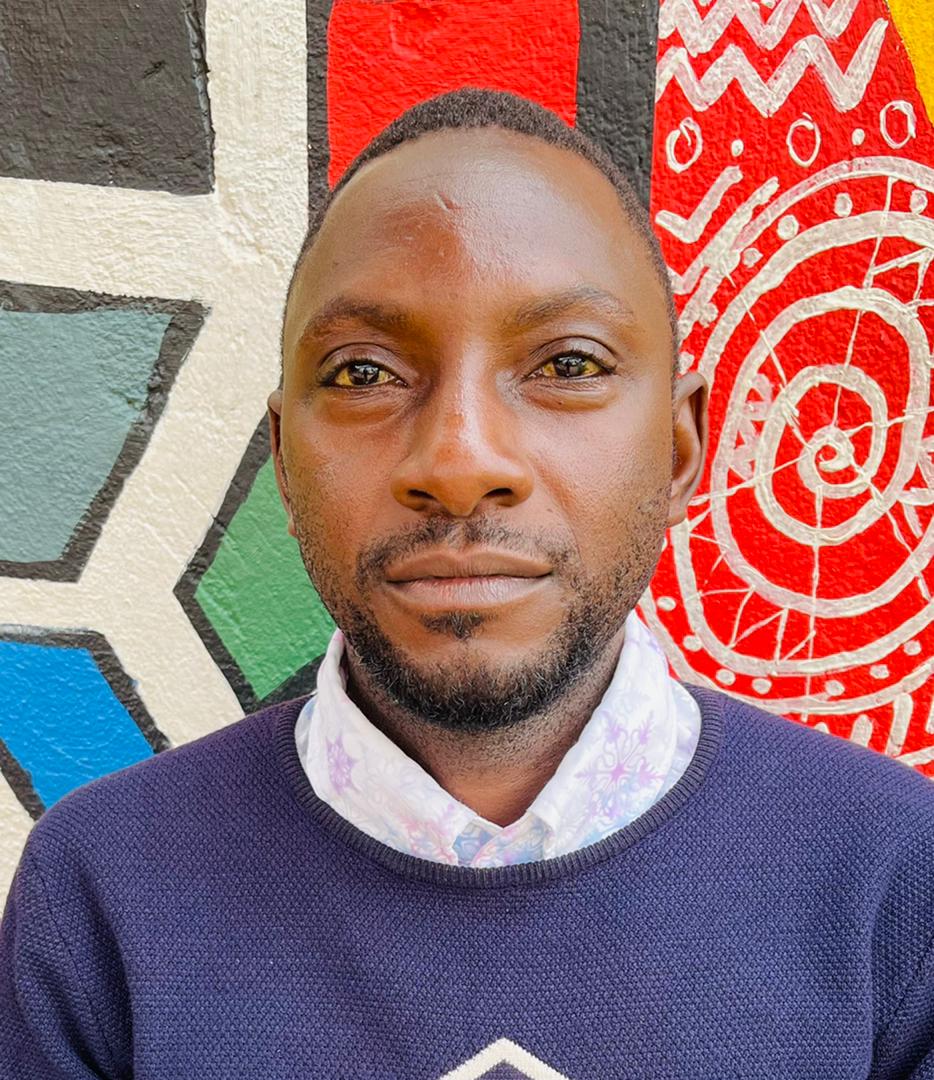
- Mr. Daniels N. Tatya is an affluent Sports Writer, Commentator and Editor. His over 15 years of covering almost major sporting events makes him a revered and an authority on investigative Sports journalism in Uganda. He can also be reached via [email protected] +256(0)758268315
Latest entries
 FeaturedMarch 29, 2024Peace Guys – Peace…! Kabaka Ronald Muwenda Mutebi Rises to Calm Down His Warring Subjects Mpuuga and Ssentamu But A Little Too Late He Was
FeaturedMarch 29, 2024Peace Guys – Peace…! Kabaka Ronald Muwenda Mutebi Rises to Calm Down His Warring Subjects Mpuuga and Ssentamu But A Little Too Late He Was BusinessMarch 15, 2024RUKUSA Family Tales: A Heart-To-Heart SACCO Whose Focus and Mission is Helping Members to Harness and Fulfill Their Far-Reaching Dreams
BusinessMarch 15, 2024RUKUSA Family Tales: A Heart-To-Heart SACCO Whose Focus and Mission is Helping Members to Harness and Fulfill Their Far-Reaching Dreams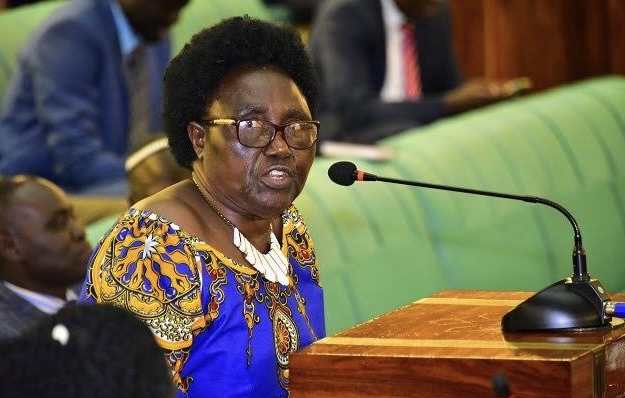 FeaturedJanuary 22, 2024Cecilia Barbara Atim Ogwal: The Beauty Queen, Banker, Wife, Mother, Businesswoman, Consultant, Legislator, Advocate and a Politician That Logged Out at 77 Amid G-77
FeaturedJanuary 22, 2024Cecilia Barbara Atim Ogwal: The Beauty Queen, Banker, Wife, Mother, Businesswoman, Consultant, Legislator, Advocate and a Politician That Logged Out at 77 Amid G-77 EntertainmentDecember 23, 2023All Smiles for and Of Joy: The Groundless Beauty is in Realizing that Sometimes Real Superheroes Live in the Hearts of Small Children Fighting Big Battles
EntertainmentDecember 23, 2023All Smiles for and Of Joy: The Groundless Beauty is in Realizing that Sometimes Real Superheroes Live in the Hearts of Small Children Fighting Big Battles







